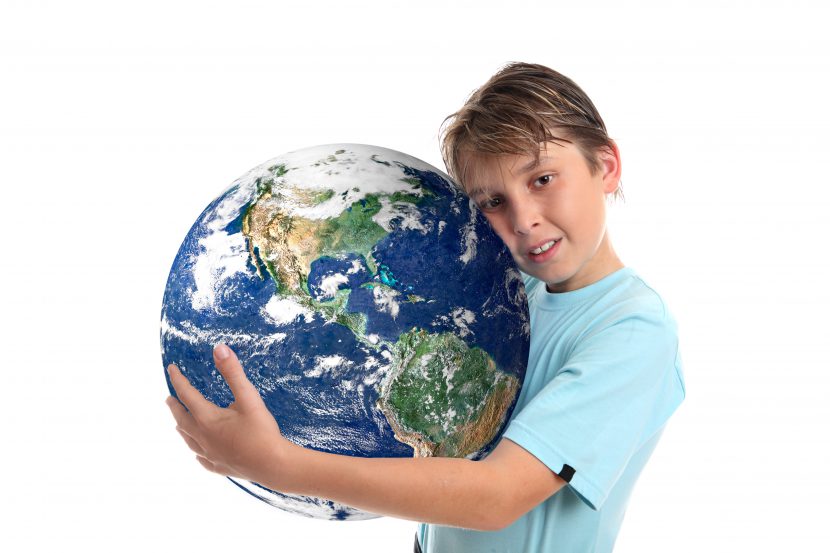by Dr. Helmut Welge, German qualified Lawyer and Treasurer of Humanium e.V. Germany
”Climate change unites the world”. This is how the renowned German newspaper ‘Frankfurter Allgemeine Zeitung’ entitled its report on humanity’s greatest threat. The Washington Pew Research Center identified Climate Change as the principal menace human beings on all five continents (next to the terrorist group ‘The Islamic State’).
Climate scientists from all over the world contribute to our understanding of the atmosphere’s overheating and are warning people of the incalculable and frightening results, such as rising sea levels or more extreme climate events.
The international community has concerned itself with limiting rising sea-levels since the 1990s. The Kyoto Agreements and Paris climate protection plan are the most prominent UN accords that initiated climate change measures aimed at curbing Global Warming.
How could it come to this?
The increased use of fossil fuels – that is coal, oil and natural gas – since the beginning of the 19th Century and industrialisation, deforestation in tropical regions, and the growth of cattle farming to feed an ever-growing population; have raging effect on global climate and temperatures. Thus, the amount of greenhouse gases released in the atmosphere increases, leading to exponential acceleration of the greenhouse effect and therefore global warming. Some of the existing gases act like the glass in a greenhouse. They let in the warmth of the sun but stop it from radiating back out into space.
Many of these gases are natural components of the Earth’s atmosphere. However, due to human activity, many are present in elevated concentrations. This goes particularly for, carbon dioxide (CO2) methane and fluorinated gas. CO2 is commonly produced through human activity and contributes to around 63% of the greenhouse effect at the root of global warming. The concentration of CO2 in the atmosphere today is 40% higher than it was at the beginning of industrialisation. Other greenhouse gases are emitted in lesser amounts.
What are the causes of rising emissions?
- Burning coal, oil and gas accounts for carbon dioxide (CO2) and nitrogen oxide.
- Cutting down trees (deforestation). Trees contribute to climate regulation by absorbing CO2. Through forests clearance this positive impact is lost, and the carbon saved in the trees is released thus contributing to the greenhouse effect.
- The Development of cattle farming. Cows, cattle herds and sheep generate lots of methane through the digestion of their food.
- Fluorinated gases have a distinct impact on the greenhouse effect. Their impact is up to 23,000 times stronger than that of CO2. Fortunately, these gases are released in smaller amounts and their use – at least in Europe – is shrinking, thanks to EU Regulations.
Consequences of global warming
The average global temperature is 0.85 degrees Celsius higher than it was in the 19th century. The previous three decades were warmer than any previous ones since it was first recorded in 1850. Climate scientists see an increase of two degrees Celsius in the average temperature as a red-line that, if crossed, could have catastrophic results for the environment. The international community has agreed upon the same finding that temperature rise must be kept below two degrees Celsius threshold.
All states in the world are called upon for the same goal, to ensure that all sectors of their economy, energy production, land, air transport businesses and households are geared towards this thanks to the implementation of legally binding measures in the coming years. We don’t have much more time to lose.
It is the children of today, that will have to suffer the majority of the effects of global warming. We have to prevent this together. At Humanium we stand for the right of children to live free from the threat of climate change.
Translated by Jacob Davies
Reviewed by Charlotte Madrangeas


